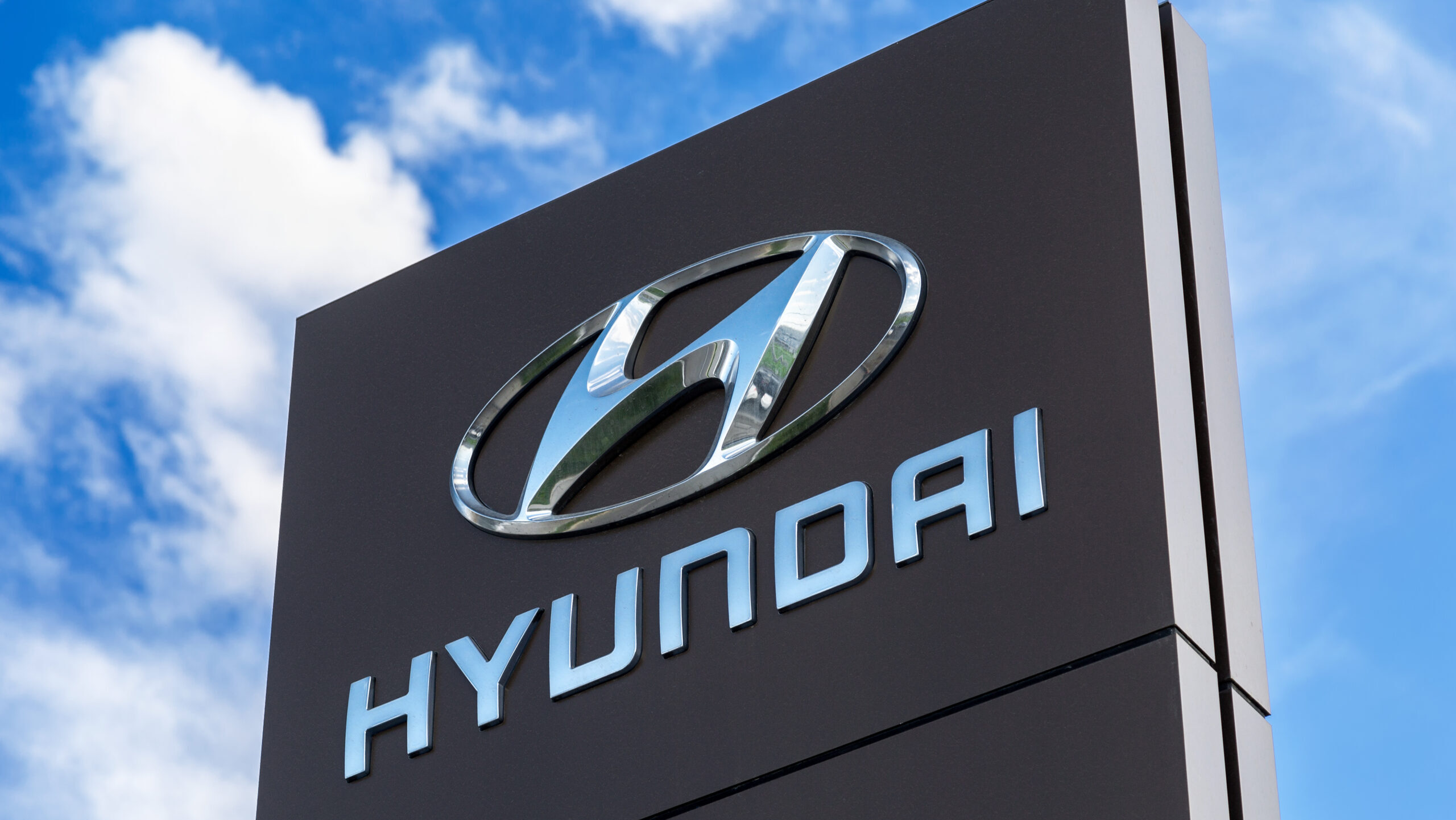Alabama’s right-to-work law is vital to our economic success. Since the State Legislature passed the law in 1953 and then enshrined it in the state constitution in 2016, it has served as a job creating engine that drives Alabama’s economy.
Just as important, by protecting workers from being forced to join a union or pay union dues, it has prioritized worker freedom and individual choice. These principles of workplace democracy have made Alabama one of the greatest places in the country to live, work, or start a business.
However, it is essential to recognize the limitations of our state right-to-work law, which falls short of fully safeguarding workers from unions retaining exclusive bargaining powers over their employment. Consequently, individuals who opt-out of union participation still find themselves bound by the terms of the union contract, impeding their autonomy, and hindering direct communication with management.
This aspect undermines the principles of merit-based recognition and obstructs the free exchange of ideas between workers and their employers.
And for those workers who decide to join the union, they will have little if any input on what their dues will pay for. Unions are under no legal obligation to spend revenue from dues on programs that benefit workers.
On the contrary, much of union largesse gets spent on union executive salaries and on political contributions. These issues should be at the forefront of Alabama’s international automaker workers, like the 3,000 Alabamians that work for Hyundai in Montgomery.
That’s because the United Auto Workers (UAW) are aggressively pushing to organize that facility. In addition to the right-to-work law not fully protecting them, here are some other things Alabamians need to know.
First, the UAW is advocating to impose a special arrangement on international automakers, including Hyundai, to keep important information from workers. The union wants a so-called neutrality agreement, which would prohibit employers from sharing information about the union or what unionization could mean for the plant, even though such speech is constitutionally protected.
Powerful politicians in Washington have joined the UAW in trying to pressure Hyundai into accepting these terms, which would significantly disadvantage workers who would be forced to decide in a union election with only the union’s perspective rather than the full spectrum of information and context.
That is if there is a real union election at all. The second thing people need to know is that the UAW prefers to pressure employers into accepting card checks as a means of unionizing workplaces.
Under a card check “election,” workers are deprived of the right to vote through a secret ballot and instead are forced to declare their preference for or against the union in public. Imagine for a moment if a political party insisted this is how we should conduct state or federal elections. We’d all be outraged, justifiably, but that’s the way the UAW wants to organize Hyundai.
The partnership between Hyundai and the state of Alabama has been a good one, and one that has led to a great deal of prosperity for Montgomery and its people. Like other international automakers, the plant in Montgomery provides good-paying jobs with quality benefits for workers, and millions to the local government for essential services.
Adam Thompson is State Director for Americans for Prosperity-Alabama.



















































